In these hard times of enforced isolation, those experiencing the greatest solitude, in its negative sense, must surely be dementia-sufferers in care homes. They know their close relatives are, unusually, neglecting to visit them, but they cannot understand why they have been abandoned.
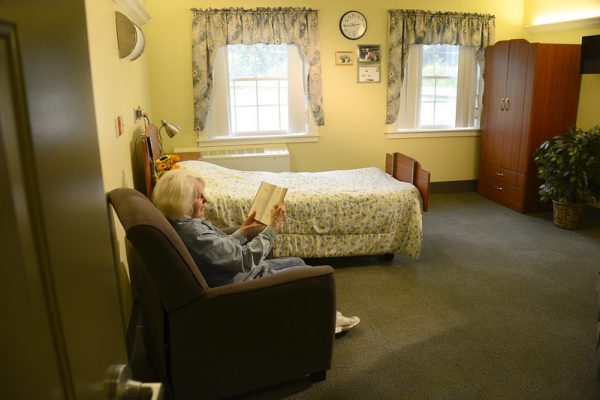
It can be no less distressing for other residents of care homes who can hear and see in the media their enormous risk of death due to the government’s failure to provide testing for the virus or adequate protective equipment for them and their carers. Worse, they may know of friends dying within the care home, and they can themselves be refused the hospital care available to younger people if they contract the virus, though care homes can rarely provide the necessary medical treatment. Some homes are asking residents to sign ‘do not resuscitate’ documents, deepening their fears and feelings of neglect.
Discrimination against ‘the elderly’, the outdated term that is relentlessly used, is nothing new.
Those who think and care about them refer to ‘older people’, implying human diversity rather than a stereotyped, undifferentiated bloc above a certain age. In the current crisis, discrimination has been particularly blatant in government policy and some medical responses. The first official move was to tell everyone over 70 they were the group most susceptible to the virus and must self-isolate, as though all the millions past that age were equally frail and vulnerable. This was a severe shock to the very many fit and active people past 70, myself included.
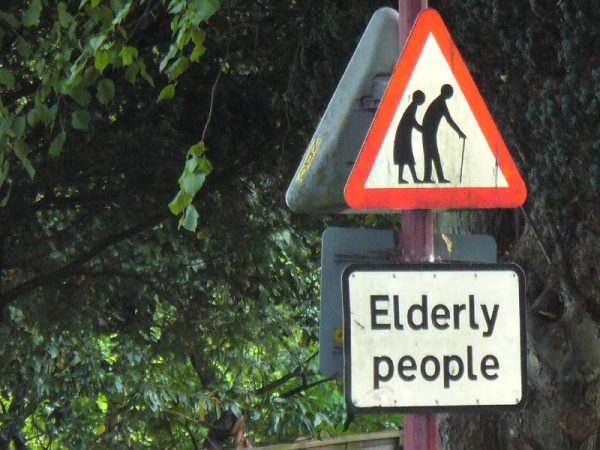
Among other errors, it failed to recognize potential losses to the community if we all heeded it. There is justified congratulation of the numbers of people coming forward with voluntary support of those in isolation and in need, but it is little recognized how many people over 70 have been volunteering such support to their neighbours and others for decades, which will be lost if they withdraw into isolation. Very many older people are not frail dependents but invaluable contributors to their families and communities.
In normal times, people aged 65-74 are the most likely age group in UK to engage in voluntary work. They feel fit and active after retirement and want to be useful, and they have time, as younger people have now but usually do not.
28% of 65-74s volunteered regularly in 2018/19 and surveys show similar figures for the previous 20 years.
They help others formally through voluntary organisations, while many more do so informally, caring for relatives, friends and neighbours, often relieving those risking loneliness in solitude. They have been needed all the more following ‘austerity’ cuts to social and other public services.
These supposedly ‘vulnerable’ older people are keeping many public libraries open, and more and more people in their 60s and 70s care for parents in their 80s and 90s, or for frail partners or disabled adult children, often experiencing severe stress as supportive care services dwindle.
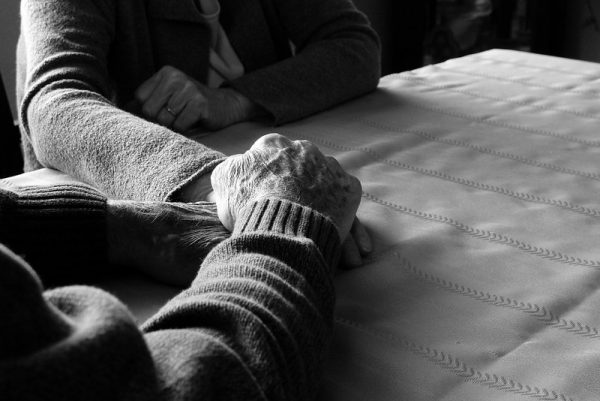
Over 2m older people in UK provide unpaid care; 400,000 are over 80, 1 in 7 of all people over 80. They are estimated to save the state £25bn pa in costs of caring services. 65% of grandparents care for grandchildren to help their children work, often giving up their own work to do so. I in 3 working mothers rely on support from grandparents due to the increasing costs of childcare.
And growing numbers of older people volunteer for overseas charities. Voluntary Service Overseas was established in 1956 to enable young people to volunteer in low-income countries after leaving school or university. Now they increasingly recruit older people.
In the 1980s only 3% of their volunteers were aged 50 or over, by 2008 they were 28%.
I don’t have more recent figures, though they are likely to have risen. As teachers, nurses, doctors, engineers, among others, they provide considerably more skill and experience to low-income countries than most younger people. Thus many older people avoid loneliness and alleviate that of others less active or fortunate than themselves, as part of their normal lives.
As this health crisis has progressed ,official edicts have changed and begun to recognize diversity among older people, that those with ‘underlying health conditions’ of any age are most in danger, not everyone over the arbitrary age of 70. It has become obvious that many younger people are dying, especially medical workers exposed by being inadequately protected, BAME people disproportionately, and men more than women. But the initial alerts have left many older people seriously frightened, afraid to leave their homes, not allowed to receive visitors, not always competent with technology to contact friends and relatives, experiencing solitude as fear and loneliness.
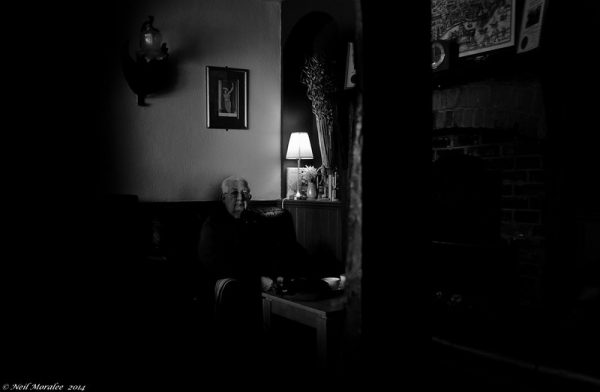
But if healthy older people have been delivered a bad time by government COVID policies, frailer people are having it worse. They will hear in the media that some hospital doctors refuse advanced treatment to save the lives of people past 70. The health service has a long history of such discrimination, judging older lives less worth saving than those of the young because they have few years left to live. They fail to recognize how many people are now living longer in good health, with potential for years of life at least as useful as many younger people. Sometimes doctors may act in desperation, forced to make hard choices because of overload of patients and/or inadequate facilities but, still, such discrimination is unacceptable.
Many doctors recognize this and, after much criticism, it now appears to be official policy to judge all patients by their state of health and potential for recovery regardless of age.
A possible good outcome of this crisis would be if it finally alerted us to the extent of discrimination against older people and its harmful effects. For decades, social care of older and disabled people has been under-funded and inadequate, especially since cuts and privatization by Thatcher in the 1980s, continued under ‘austerity’ since 2010. This now leaves many people isolated at home or stuck in hospital beds because there is no space in care homes.
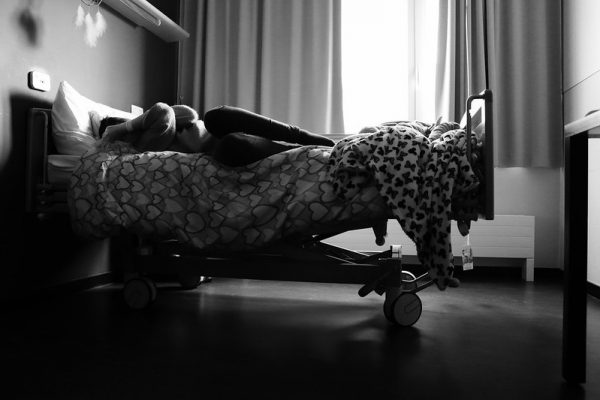
Repeatedly since 1948, when present structures were established, official and unofficial critics have urged integration of universal, free health care and means-tested, locally variable, social care services into a free, adequately funded, service to give frail older people the care they need and deserve. But they have been persistently ignored by successive governments refusing priority to the needs of older and disabled people.
Many people are frightened and disturbed by the COVID crisis, but older people have reason to fear it most, due at least as much to government and medical policy and practice as to the virus itself, adding to the danger of depression in self-isolation. Even if they try to cheer themselves by escaping for the permitted daily walk, the benches in the local park may be roped off, for fear that sitting somehow encourages contagion.
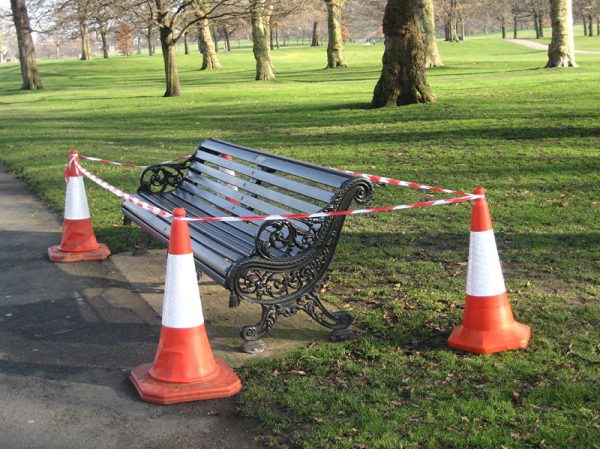
Older people may need to rest on a half-hour healthy walk, but again their needs were forgotten, deemed less important than others, heightening fears of marginalization and isolation, the worst kind of solitude. Then, at last, on 17th April, following protest, senior police announced that ‘it is acceptable for a person to stop for a break in exercise’. Let’s hope it makes life easier for some people.
Pat Thane is a Visiting Professor in History at Birkbeck, University of London. She has written extensively on old age and ageing, including Old Age in English History: Past Experiences, Present Issues (2000).